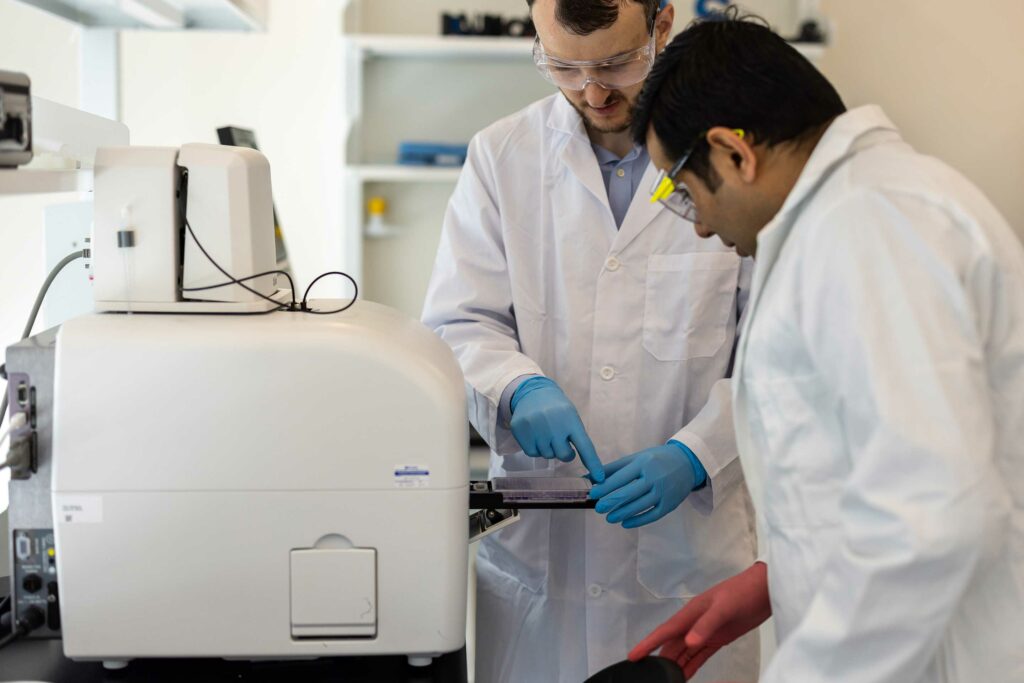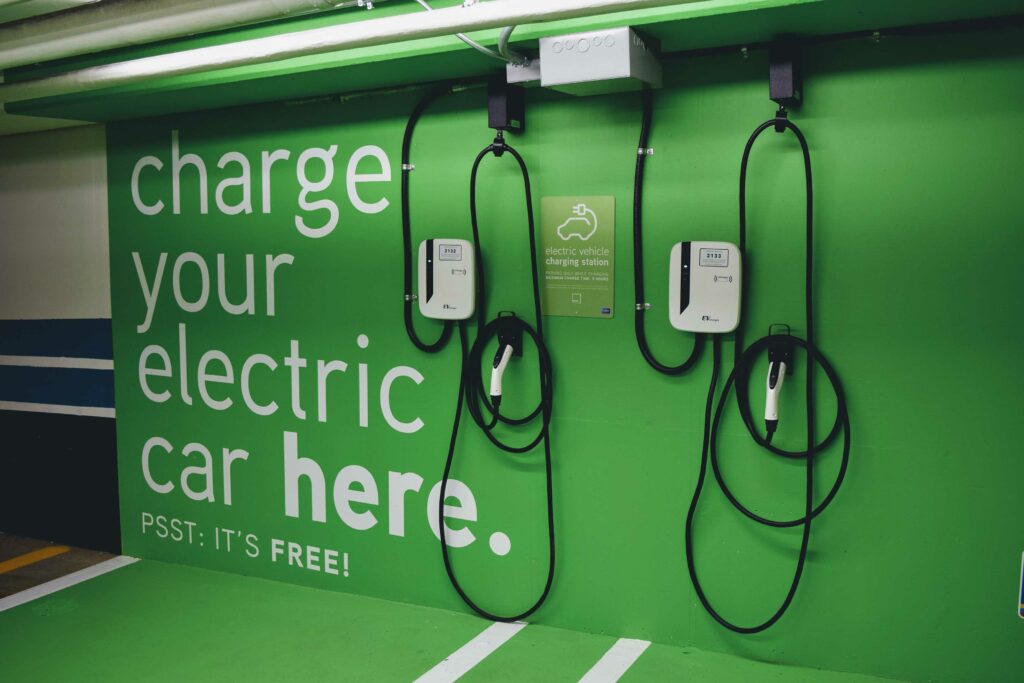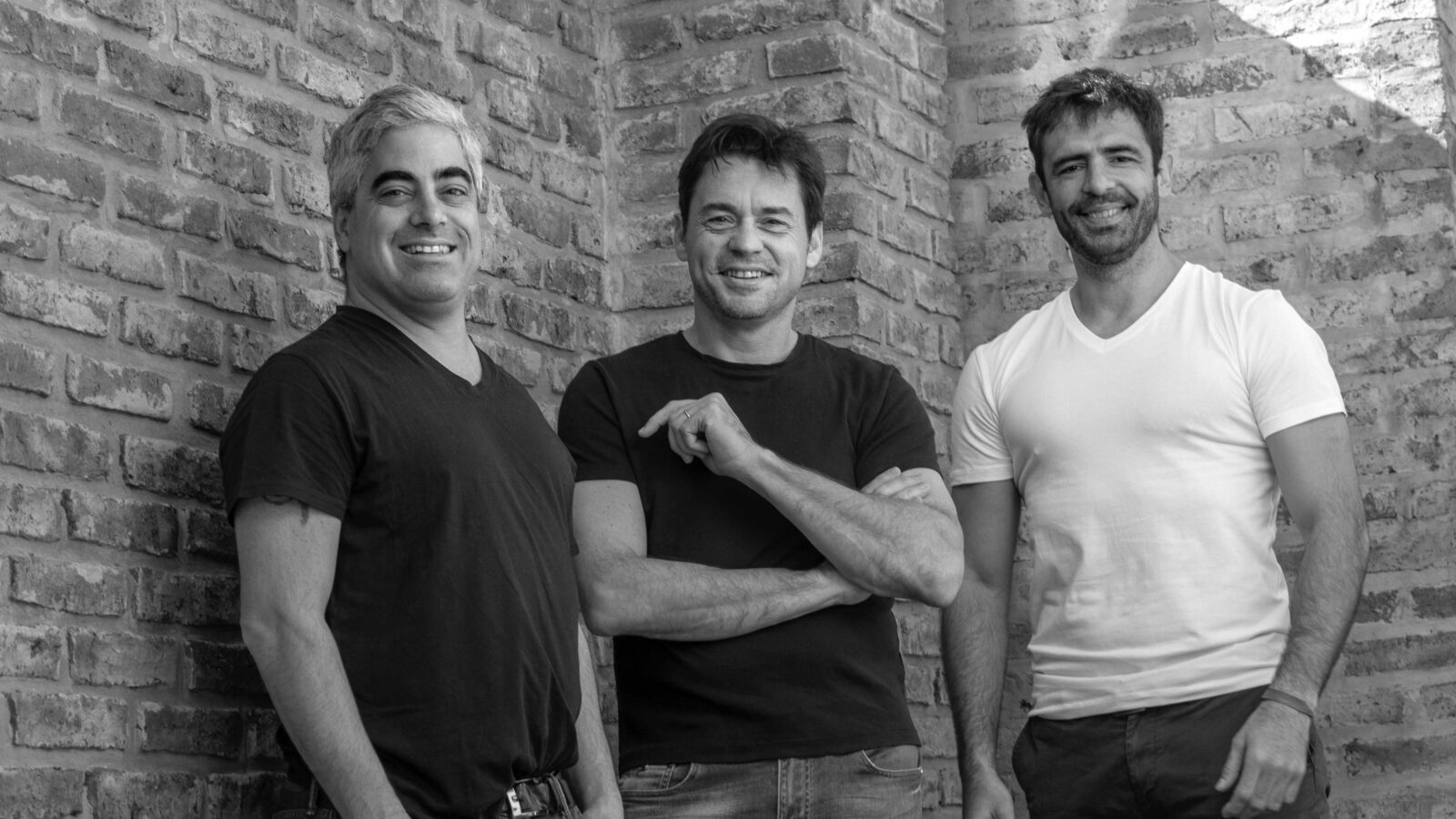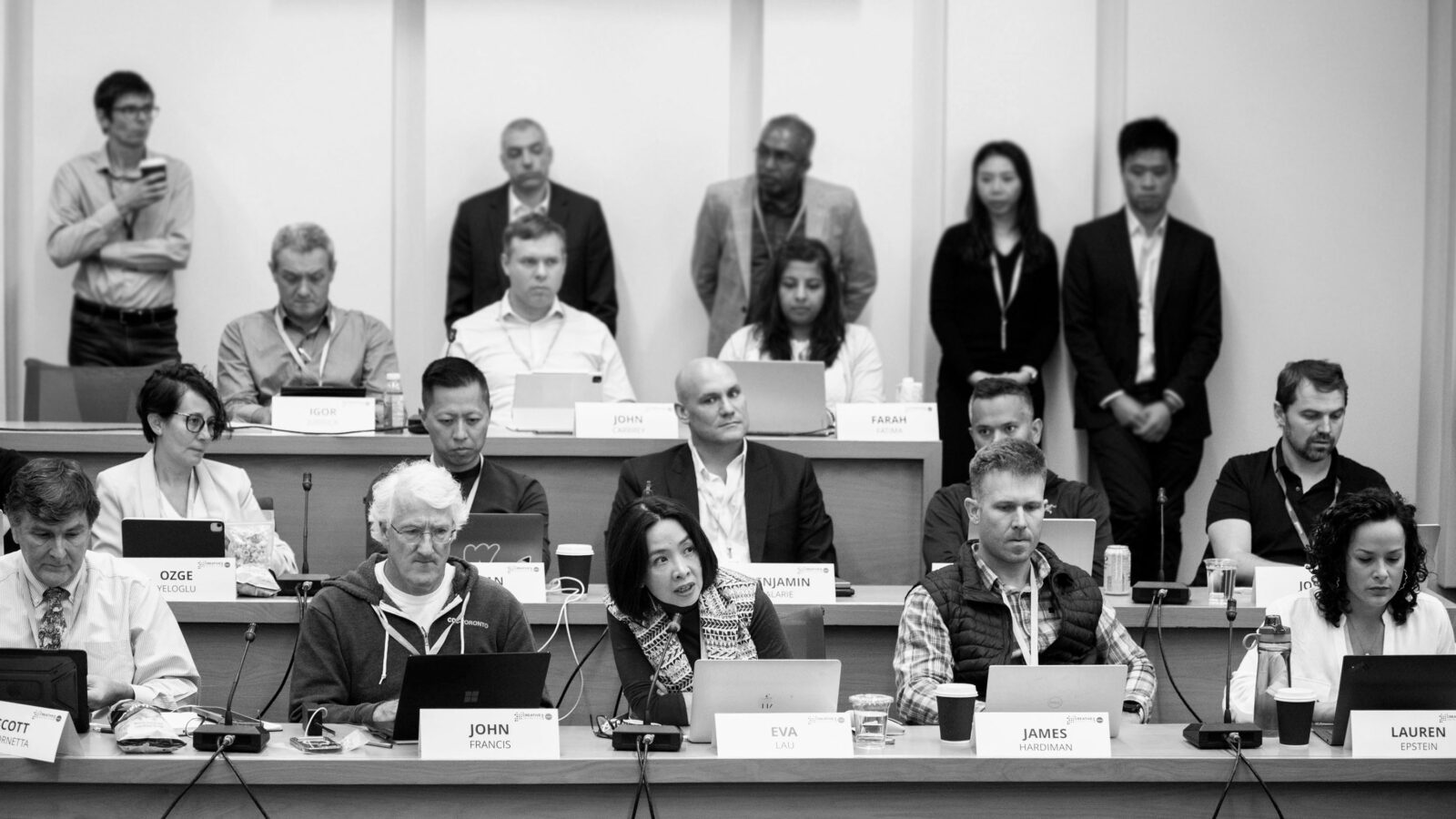Every year, business, government and climate change leaders meet in New York City for Climate Week NYC. The week-long conference, dubbed the “biggest climate event on earth”, features hundreds of events, hosted in New York City and around the world.
The goal of the conference is to create a space to collaborate, connect and tackle urgent climate challenges.
The theme for the 2022 conference is “Getting It Done.” That’s exactly what graduates of the Creative Destruction Lab program are doing.
Here are two companies who are finding solutions to global challenges, and building pathways to a sustainable future:
Liven Proteins (Ag 2020/21)

Food sustainability has become a more common term in recent years, amplified by the scarcities in supply brought on by the COVID-19 pandemic, the ongoing war in Ukraine, and impacts of climate change (including increased droughts, floods and wildfires worldwide). These events have brought into focus the need to feed our growing global population in a sustainable, environmentally conscious way.
The future of food, food security, and sustainability are all top of mind for Fei Luo and Pratish Gawand, co-founders of Liven Proteins.
“I was pregnant with my daughter and as my husband and I enjoyed our meals, we couldn’t help but wonder about our daughter’s future and what we could do to ensure her and her generation still have access to delicious, nutritious food,” says Luo. “We know the animal industry is not sustainable and requires a lot of land and resources.”
Along with the resources required to produce and consume meat and animal products, research shows that livestock produces a significant amount of global greenhouse gas emissions annually (source).
Luo and Gawand decided to use their backgrounds in chemical engineering and environmental biotechnology to take on climate change and food insecurity by creating a sustainable solution for the agriculture industry. That’s how Liven, a foodtech company that uses a fermentation process to convert agriculture and food side streams into protein ingredients such as collagen and gelatin, was born.
While plant-based products aren’t new, Liven sets itself apart from other options due to the focus on the factors that make real animal proteins animal-free through their fermentation process, instead of creating animal-like products using ingredients extracted from plants.
“Food is memory. Food is nourishment and an experience. We cannot make people eat something that tastes and feels like mush,” says Luo. “Plant-based options need to be able to provide the nutrition and sensory experience the consumer is looking for. Then these products can scale, become more desirable to mainstream consumers, and have a larger impact than today.”
Along with creating meat alternatives that don’t compromise on flavour and texture, Liven is also hoping to increase sustainability and reduce food loss by enabling a circular economy. The company currently uses side streams from local food processing companies to source its ingredients.
The pair had the scientific background and knowledge to create a solution to some of the food industry’s biggest challenges, but they weren’t sure how to take their solution to market. That’s when they turned to the Ag stream at Creative Destruction Lab – Rockies for support.
“The CDL process is tremendously helpful,” says Luo. “What’s unique about the CDL program is that we set our goals, and then we sprint. We’re also coached by very experienced leaders in the industry.”
Luo credits CDL for giving her a better understanding of supply chain and potential customers as well as broadening her focus.
“All of the insights from CDL pointed us the right direction of what we needed to work on for commercialization, beyond our technology. We were focused on sustainability, but that’s more than just the product. We need a sustainable business to have an impact on the environment and global sustainability.”
To learn more about Liven, visit the company’s website.
ChargeLab (Energy 2020/21)

The CO2 emitted by ‘the daily commute’ over decades has been a major contributor to climate change (source). But with the rise in popularity and accessibility of electric vehicles (EVs), there is an opportunity to lower the negative impact we have on the environment.
As the number of EVs on the roads and in parking lots grows, so does the need for EV chargers in commercial and residential buildings, public spaces and homes – and the software that keeps these charges working properly.
That’s where ChargeLab comes in. The EV charging software company acts as a network management tool, allowing building owners to connect and control all their EV charging infrastructure from one place. These site managers use ChargeLab to control the EV charging experience offered to tenants and residents, including pricing and revenue collection, users and energy output, and generally creating a fast, easy charging experience.
ChargeLab began in 2016 as an EV charger hardware distributor but quickly pivoted to building software. Based on their computer science backgrounds, founders Zak Lefevre and Ehsan Mokthari realized they could have a larger impact by letting others sell hardware, so they put their efforts behind ChargeLab’s software.
“When technology works well, it fades into the background and you don’t notice it,” says Lefevre. “When we first started selling hardware, we noticed that charging infrastructure was underdeveloped and fragmented, which could be a deterrent to driving EVs. So we decided to build a hardware-agnostic software platform to make charging EVs easier and more reliable.”
By 2020, the company had partnered with leading EV charger manufacturers that were recommending ChargeLab software bundled with their hardware. This included ABB, Phihong Technology (Zerova), Delta Electronics and Tritium.
When the ChargeLab team applied for the Creative Destruction Lab – Rockies Energy stream, it had grown to 30 employees, successfully raised $5 million in funding, and was raising a Series A round.
Even with all of their success, the company gained valuable insights and connections from CDL’s program.
“It was helpful to have a focus and set of objectives and a layer of accountability every eight weeks. You need accountability at every stage of building a company. Building a company is not easy to do, and at the end of the day, nobody can do it for you. So the biggest thing you can ask someone external for is accountability, and CDL provided that,” says Lefevre.
He adds that participating in the program allowed him to work and connect with industry leaders he may not have had the opportunity to meet otherwise.
ChargeLab is heavily focused on playing a role in combating climate change. The company’s ultimate goal is a future where all vehicles are zero-emission and all energy used is renewable. Until that happens, the focus is on making EV charging easier and more convenient.
“It’s really about enabling and stewarding the future and removing the barriers,” he says. “We’re not forcing anybody to drive an electric vehicle, but if you do, we want it to be easy to refuel. Whether that’s at an apartment complex, your workplace, the shopping mall or your house. We want the public charging experience to be really, really good. I think that will make more people want to switch to electric vehicles, which will have a huge impact on climate change.”
To learn more about ChargeLab, visit the company’s website.





